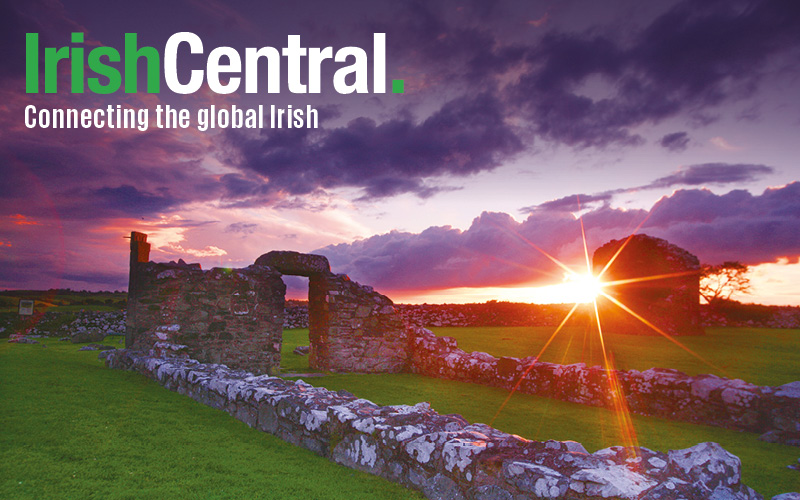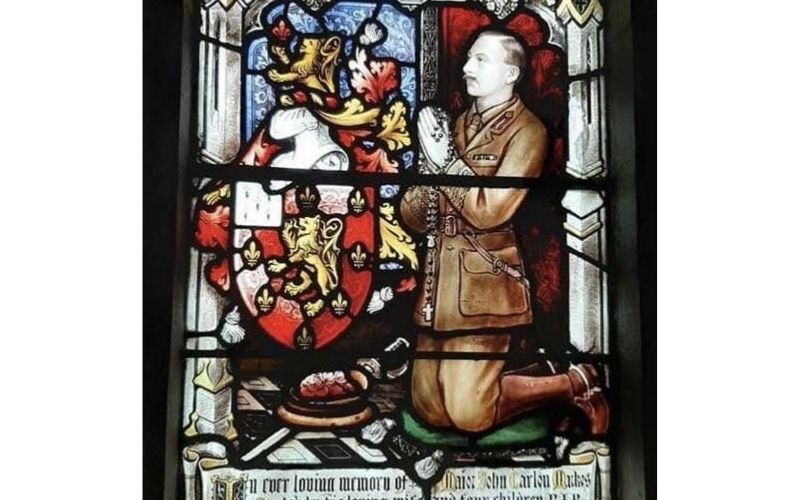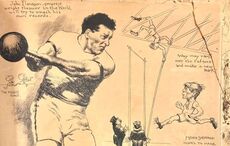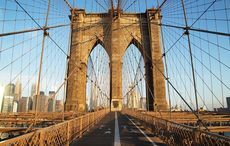Ed Murphy was born and raised on Staten Island, at a time when the Cold War was piping hot and communism was public enemy number one.
“I grew up during the McCarthy period and in church we were taught to fear atheistic communism and pray for its victims,” said Murphy, who would go on to serve in Vietnam, and who also happens to be my cousin.
“At St. Peter’s High School the conservative Christian Brothers had speakers come in from the FBI and we were encouraged to see them as heroes protecting our culture, democracy and religion. Patriotism and anti-communism fit right together as I grew up.”
Like many Irish Catholics, Murphy first thought about the priesthood.
“When JFK invited us to ask not what my country could do, we were inspired by this Irish Catholic Democrat leader. In my case I chose to serve first through the Paulist Fathers and three years later when I left it seemed natural for me to go into the military,” Murphy said.
“I did not wait to get drafted but just changed uniforms. It was natural for young Irish men to serve in the military. It was the law, our duty, made our families proud and we walked tall and did not want the shame and isolation from family and community by refusing.”
Read more: Irish American’s 1967 beer run to visit buddies fighting in Vietnam War
It is an interesting time to revisit the Vietnam era. Acclaimed documentary filmmaker Ken Burns is currently unspooling his latest epic, about the Vietnam War, on PBS TV stations. It is an even-handed and certainly thorough (18 hours!) look at a topic that often gets people’s blood boiling to the point that they want to kick, scream and fight.
Indeed, if there is one thing Burns’ latest film makes clear, it is that the war on the home front was nearly as bitter as the war overseas.
The stereotype about the military in the U.S. is that most soldiers come from rural outposts or small towns. But Irish Catholics living in around America’s great urban centers also played a pivotal role in the Vietnam war and the debate at home.
You might even say Vietnam caused the first great divide in Irish America.
By the 1960s, Irish Americans were assimilated, but tentatively so. It’s easy to focus on success stories like the Kennedys, but they were the exception. Still, many Irish Americans had been in the U.S. long enough to enjoy a sense of prosperity, especially given the strength of the post-war economy.
On the surface, Vietnam seemed just the latest patriotic challenge many Irish Americans were willing to take on. They had sent sons to fight Hitler in Europe, and they had followed their church’s guidance when it came to battling communism in Korea.
But by the late 1960s, it became increasingly difficult for some Irish Americans to avoid certain thorny questions about Vietnam.
“I thought of our grandfather, your great grandfather, from Ireland,” Murphy told me, about the time he spent working with intelligence agents in the city of Pleiku.
“I realized I was the equivalent of a colonial soldier or a Black and Tan (British soldier in Ireland), and if I died and met my grandfather I would be in big trouble.”
For some Irish Americans, Vietnam was another way to prove that the Irish could be patriotic and were just as good as the Protestants who used to look down on them. But for others, with an understanding of the death and destruction British forces brought to the island of Ireland, to go to Vietnam and do the same thing seemed not only wrong, but a betrayal of what their ancestors had to endure.
As for Catholics, an oft-forgotten camp within the anti-war peace movement was made up of priests, nuns, and others who based their opposition to the war on their faith and reading of scripture. So, sadly, the split among Irish Catholics who argue for and against Trumpism in 2017 in nothing new.
Such divisions began -- very bitterly -- over 50 years ago, with the war in Vietnam.




Comments